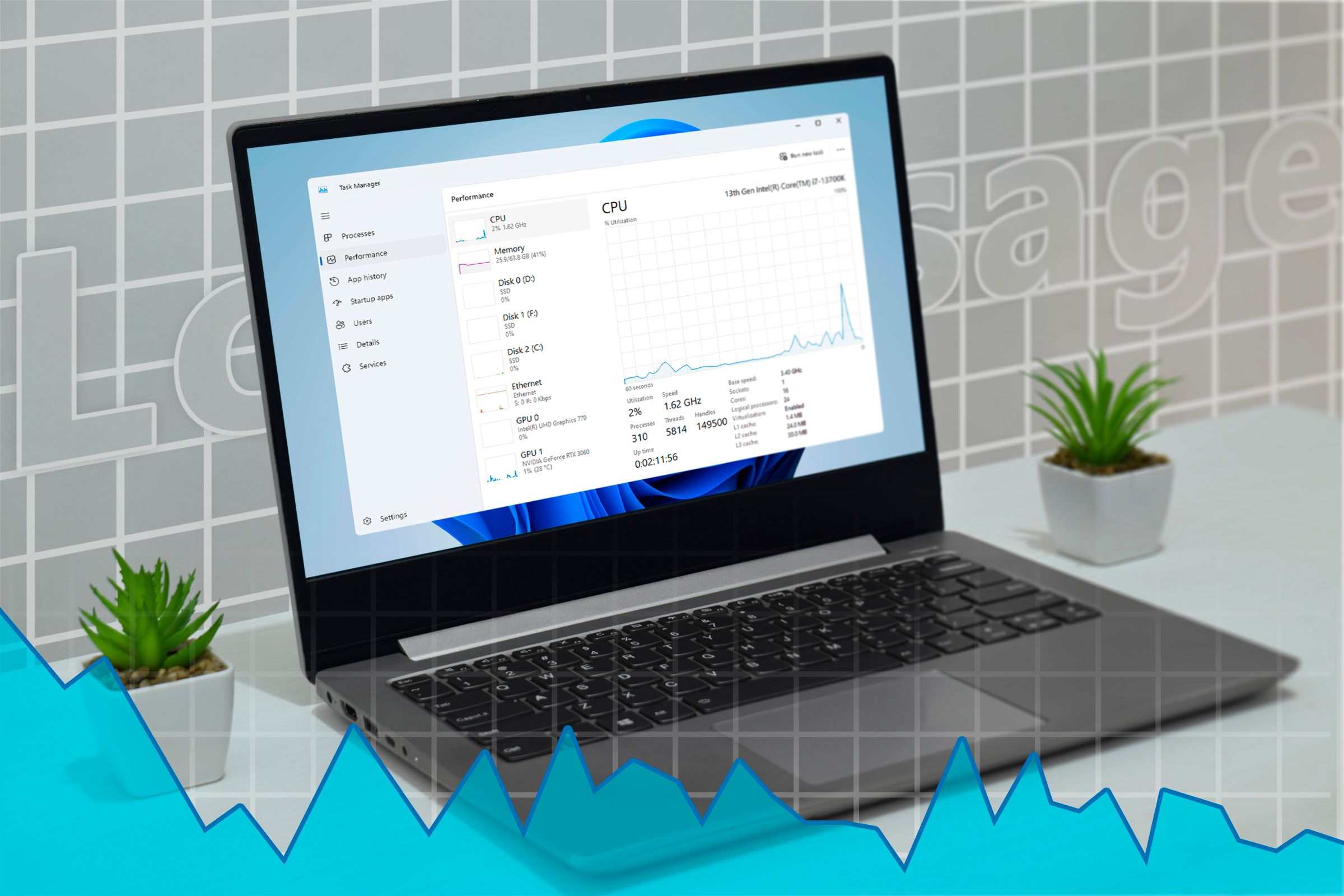How to Check for Dangerous Heavy Metals in Baby Food

Heavy metals such as lead, cadmium, and arsenic are present at generally low levels in many of the foods we eat. The Food and Drug Administration has proposed limits on heavy metals for certain baby foods. But while all humans are exposed to some heavy metals, the level of exposure—and the age at which the exposure occurs—can have a significant effect on health outcomes.
Young children are particularly vulnerable to heavy metal exposure due to several factors. Their organs are still developing, making them more susceptible to adverse health effects from heavy metals than adults. Children also eat more food relative to their body weight than adults, making heavy metal levels in baby food particularly concerning.
“Heavy metals can affect child development in various ways,” says James E. Rogers, PhD, director of food safety testing and research at CR. “At high levels, exposure can delay and impair brain development, slow growth, and increase cancer risk, learning difficulties, and behavioral concerns, including attention disorders.”
Source link











